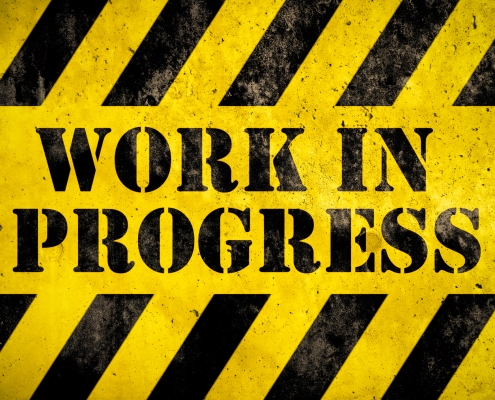Ep.1011: How Do You Find Your Way Through Grief?
Accepting, managing and growing from grief and its sorrow
If you do not have a password, please subscribe to our FREE Premium Content for the Full Edition version of CQ Rewind. The welcome message will contain your password, and a reminder will be sent each week when the CQ Rewind is available online for you to read, print, or download.
CHAPTERS
Theme Scripture: 2 Corinthians 4:8-10
For more, please see ChristianQuestions.com/grief
Loss brings grief. Everyone hurts when they suffer loss and many losses are met with grief. The recent Florida school shooting brings the trauma out in the open for all to see. Yet, before and after that singular tragedy there have been and will continue to be countless experiences of deep grief that are not so public. For many of us bereavement acts like a disease. Its symptoms can be deep and debilitating, and its cycle is repetitive and exhausting. Grief stinks and yet is an important and even healthy part of our coping with our traumatic personal losses.
So, how do we go about finding the healing part? How do we know what to hang on to and what to let go of? When should any of this happen? What can those of us who are not presently experiencing a personal loss do to help others in such pain and anguish?
To begin with, it is important to establish the silver lining that comes with grief. Whatever the experience, whatever the tragedy whatever the loss, faith in who Jesus is and the reason that he came to earth will eventually open doors of peace and acceptance. Having put that thought out as an encouragement, getting to the point of opening those doors is the problem. The big problem. Because grief is so different for each of us and our experiences with loss are so varied, it becomes impossible to proclaim one solution. Instead we suggest understanding how the general process of grief management works.
Research shows the first stage is denial. This is probably the easiest thing to grasp. When we suffer traumatic loss we all go down denial road. "This can’t be happening." "This is not real." "There must be some mistake." "Maybe when I wake up tomorrow it will all have been a dream…" Denial is real, and it turns out that in some ways it is actually helpful. Think about it. Traumatic loss jars our lives out of relative comfort and into an often sudden and nightmarish reality that changes everything familiar. Who can handle that? Who just acquiesces and moves on? Denial gives us time to adjust so our shattered heart can catch up to the looming reality of our loss. It is our friend, so long as we don’t try to hide behind its fragile and temporary covering for too long.
After denial there are four other stages for handling grief. They do not come according to a schedule and don't necessarily leave when the following stage begins. But they are there to help us grab hold of our trauma, process and learn from it. We can finally accept our new reality. Please check out our March 5th, 2018 podcast, “How Do You Find Your Way Through Grief?” Listen as we unfold the process of healing. We also follow powerful stories of two women who each managed their own unique trauma and grief. The inspiration they share is unforgettable.






















Leave your comment